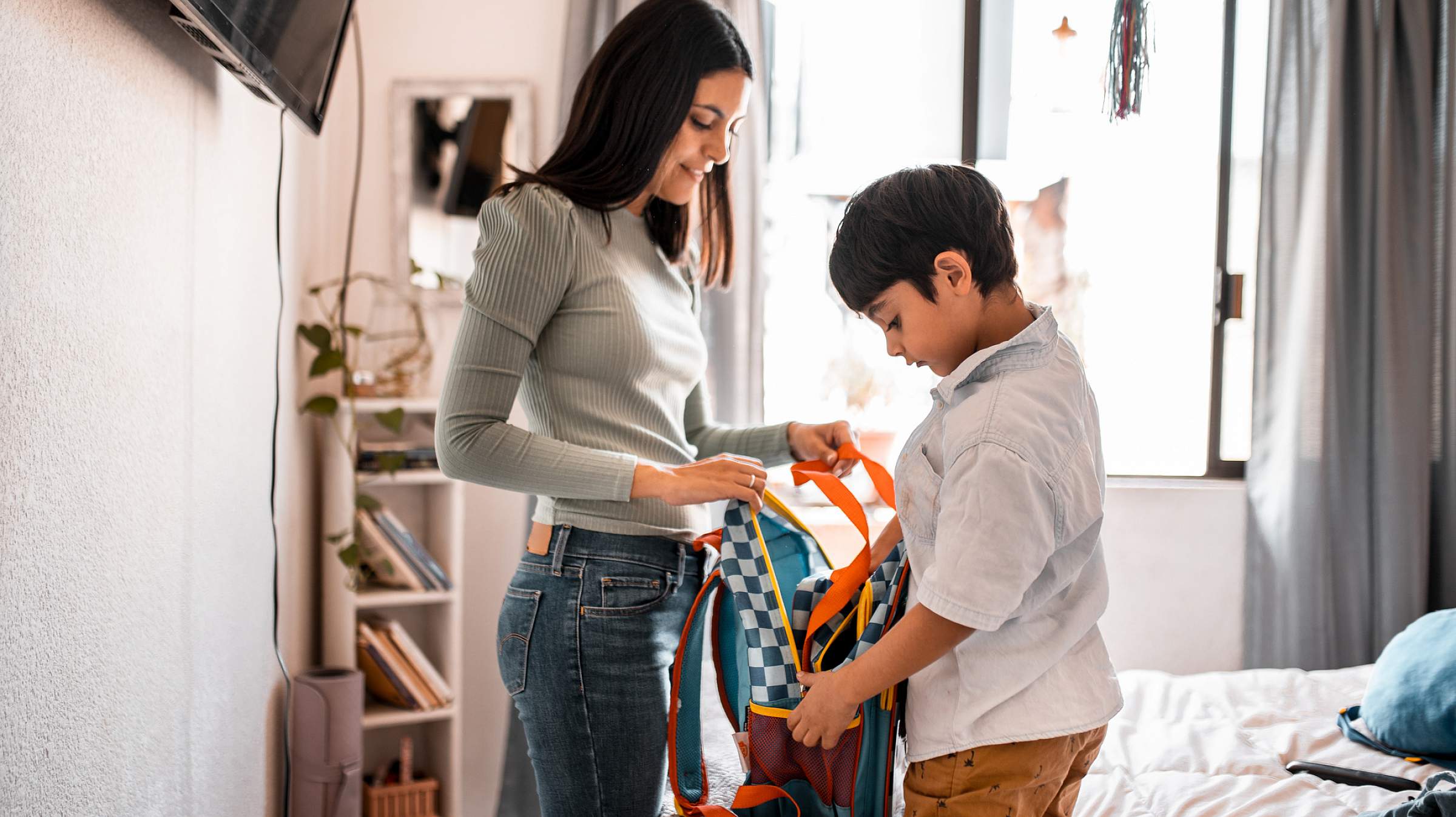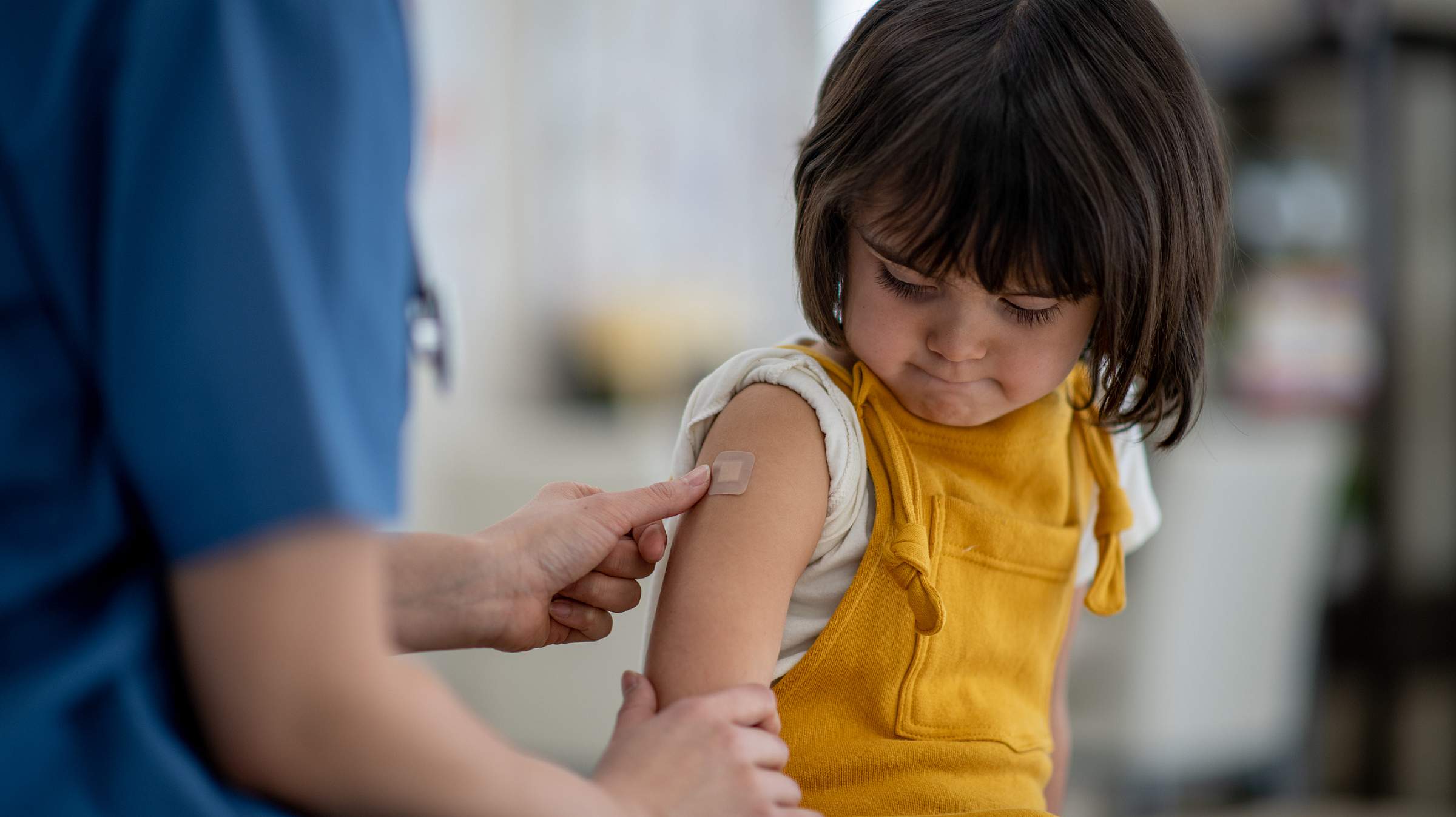
The Pacifier Dilemma: When to Start, When to Stop, and How to Transition
As a parent, it may seem like pacifiers are always a battle—whether you’re trying to get your child to take one or to take one away.
Pacifiers can be helpful to babies, who are born with the need to suck to eat and drink. Sucking can also be soothing or calming to some babies.
If you’re debating about whether to give your child a pacifier, consider these things:
- Pacifier use is not recommended before your newborn is 3-4 weeks old so they can establish breastfeeding skills.
- Offering a pacifier during sleep can reduce the risk of sudden infant death syndrome (SIDS).
- There’s a lower risk of developing finger or thumb sucking habits.
- The American Academy of Pediatrics and the American Academy of Family Physicians recommends weaning children from pacifiers by the age of 18 months to prevent otitis media.
- Extended pacifier use can have adverse dental effects.
Pacifiers and Your Child’s Teeth
"Some children benefit from the psychological security that a pacifier brings, and that’s a good thing," says James Bekker, DMD, a pediatric dentist at the University of Utah School of Dentistry. "Teeth can be straightened, but psychological development is very important."
Research shows that children using a pacifier at age 3 or older have a higher chance of developing anterior open bite than those who do not use a pacifier. Continued use can also lead to posterior crossbite.
"The harm is usually in creating an 'open bite' where the front teeth don't meet, making biting foods difficult," Bekker says. "Pacifiers also can cause a narrow palate and sometimes a posterior cross-bite. These are conditions that can be addressed with interceptive orthodontics."
To avoid such problems, it’s encouraged to wean pacifier use by the time a baby is 18 months old.
"When the pacifier is stopped, the bite naturally starts to correct, so the earlier the habit is stopped, the better the outcome and less treatment required," Bekker says.
Pacifier Weaning
Most children will stop their sucking habits on their own. However, this is not always the case, and your child might need some encouragement. It’s time to start thinking of pacifier weaning around 18 months.
“Speech development is so important after one year,” says Elizabeth R. Smith, MD, a pediatrician at University of Utah Health. “I typically encourage parents to transition to only using the pacifier for sleep, so that when the child is awake, the pacifier doesn’t get in the way of making speech sounds.”
When it's time to give up the pacifier, it’s important to know the comfort it can bring to a child. This is a good opportunity to transfer that emotion to another object.
You can do this by:
- Limiting pacifier use to naps and sleep.
- Offering another security replacement such as a stuffed animal or blanket.
- Praising your child when they don’t use their pacifier, such as through daily rewards or star charts.
- Keeping your child distracted or busy to get their mind off the pacifier.
And when you’re ready to ditch the pacifier completely, make it special for your little one.
“Sometimes this can involve a ‘pacifier party’ where the toddler gets a surprise to replace their pacifier,” Smith says. “Some parents will also let their child ‘trade in’ their pacifiers for a toy of their choice, which is a fun way of letting them be involved in decision making.”
If you have any concerns about pacifier use, talk with your pediatrician. Pacifier weaning is not always easy, but help is always available.
What to Do When Your Baby Sounds Congested
Preparing for the new school year means a lot more than just buying school supplies. Learn how to take action now and prevent a last-minute scramble later to set your child up for a healthy, successful school year.
How to Make School Mornings Easier for You and Your Kids
From forgotten lunches to last-minute outfit debates, school mornings can be challenging. Learn strategies to make them smoother, including setting up backpacks the night before, limiting screen time until after school, and sending kids off with a positive goodbye.
When Does Your Child Really Need Lab Work?
Parents often ask about blood tests during routine pediatric visits, but healthy children rarely need them. Learn more about the focused approach pediatricians take to evaluate your child's health and why it may be different than adult screenings.
More Answers to Your Questions on Keeping Your Kid Healthy and Happy
Latest trends and issues in children's health on the Healthy Kids Zone with Dr. Cindy Gellner







